In the ever-evolving landscape of data science and programming education, online platforms have emerged as valuable resources for learners seeking to enhance their skills and stay competitive. DataCamp, a popular online learning platform, has garnered a substantial following within the data science community. With its promise of interactive courses, real-world projects, and an impressive lineup of instructors, DataCamp has generated significant hype. But does it truly live up to the expectations? In this review, we’ll delve into the critical features of DataCamp and explore whether it is worth the hype it has received.
What is DataCamp?
DataCamp is a prominent online learning platform tailored to individuals seeking to bolster their expertise in data science, programming, and related fields. With its specialized focus, DataCamp has established itself as a go-to destination for those looking to acquire practical skills applicable to modern industries. The platform’s hallmark features include interactive courses, hands-on projects, and a curated selection of content tailored to the needs of data enthusiasts.
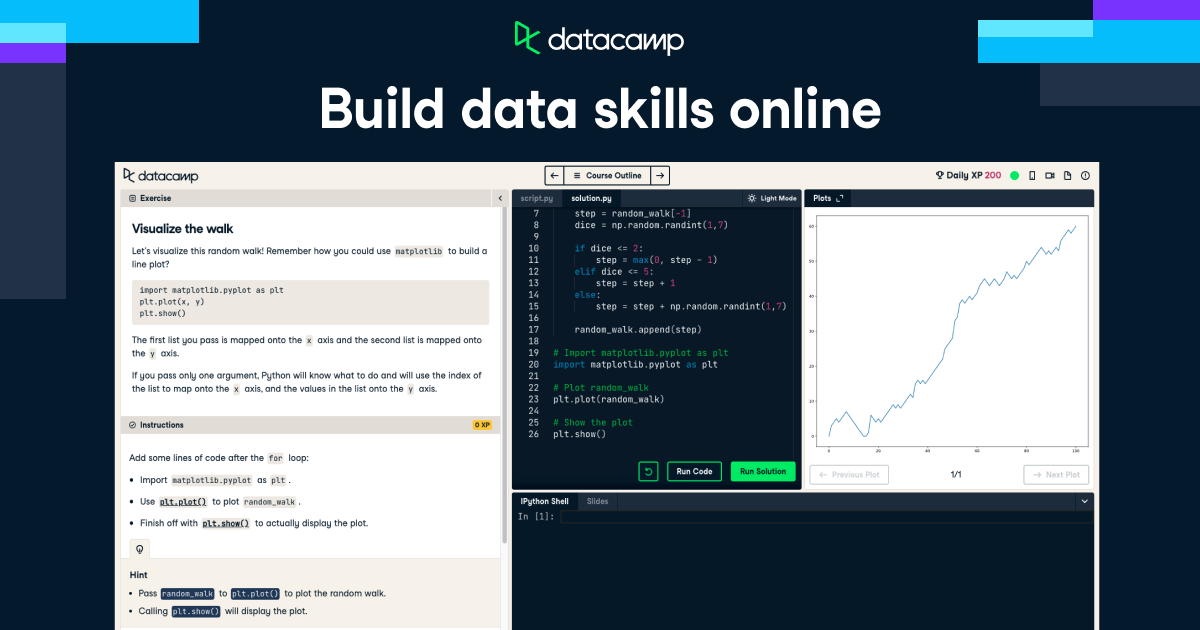
What is The Cost of DataCamp?
DataCamp operates under a subscription-based pricing structure, offering monthly and annual subscription options. This approach allows users to access vast courses, projects, and supplementary resources to fuel their learning journey. While the subscription cost may be a consideration for potential users, it’s essential to acknowledge that the value derived from DataCamp’s industry-aligned content and hands-on experiences could justify the investment. Moreover, DataCamp provides a free trial period, enabling individuals to explore a portion of the platform’s offerings before committing to a subscription.
Introduction Courses Offered at DataCamp
DataCamp recognizes the significance of introductory courses in nurturing a foundation for learners, particularly beginners. These entry-level courses are pivotal in bridging the gap between an individual’s knowledge and the domain-specific skills required in data science and programming. Courses like “Introduction to Python” and “Introduction to R” cater to novices, guiding them through the fundamentals of programming languages and setting the stage for more advanced learning. What sets DataCamp apart is its interactive approach, enabling users to engage with content actively, apply concepts through coding exercises, and progress at their own pace.
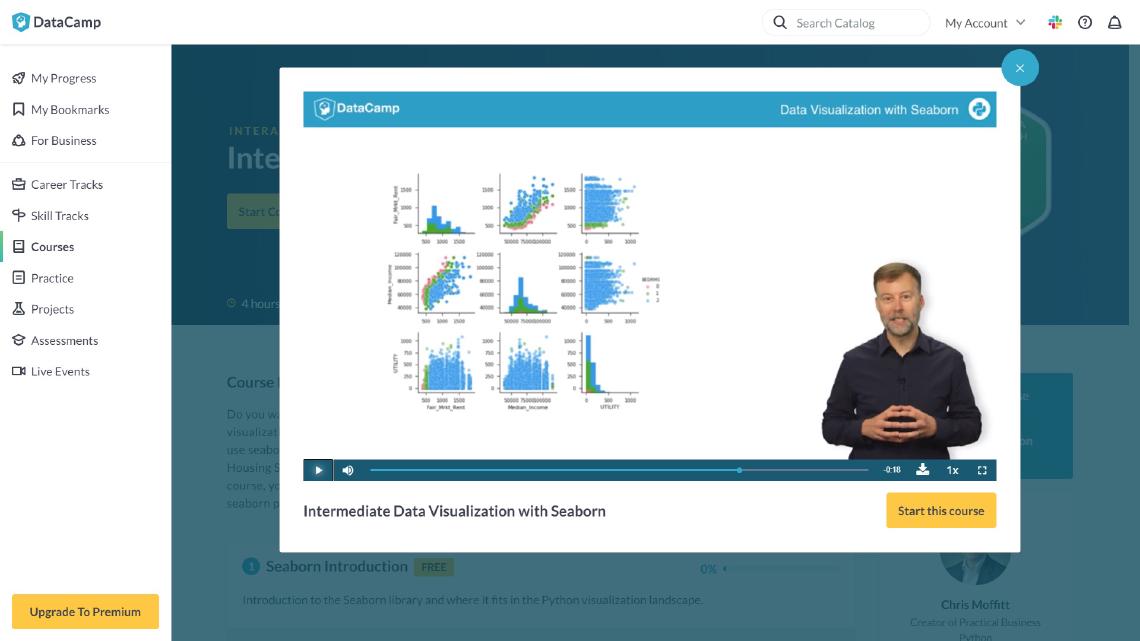
Skill Sets Offered at DataCamp
DataCamp’s catalog extends beyond mere introductory courses, encompassing an extensive range of skill sets for various proficiency levels. The platform equips learners with the tools necessary to navigate the intricate landscape of data science, encompassing programming languages, statistical analysis, machine learning, data visualization, and more. For those seeking to specialize in specific industries or professions, DataCamp offers targeted courses that provide insights tailored to those domains. Whether one’s interests lie in finance, healthcare, marketing, or any other sector, DataCamp’s diverse curriculum ensures ample opportunities for skill development.
As learners explore the depths of DataCamp’s content, they engage with instructors with expertise and practical experience in their respective fields. This commitment to instructional quality contributes to the credibility and value of the platform’s offerings. However, it’s worth acknowledging that individual experiences may vary based on instructors’ teaching styles and their engagement level with their students.
Course Content and Variety
One of the standout features of DataCamp is its extensive library of courses. Covering a wide array of topics ranging from programming languages like Python and R to machine learning, data visualization, and data manipulation, DataCamp offers something for learners of all levels. The platform categorizes courses into beginner, intermediate, and advanced levels, enabling users to choose the most appropriate starting point based on their existing knowledge.
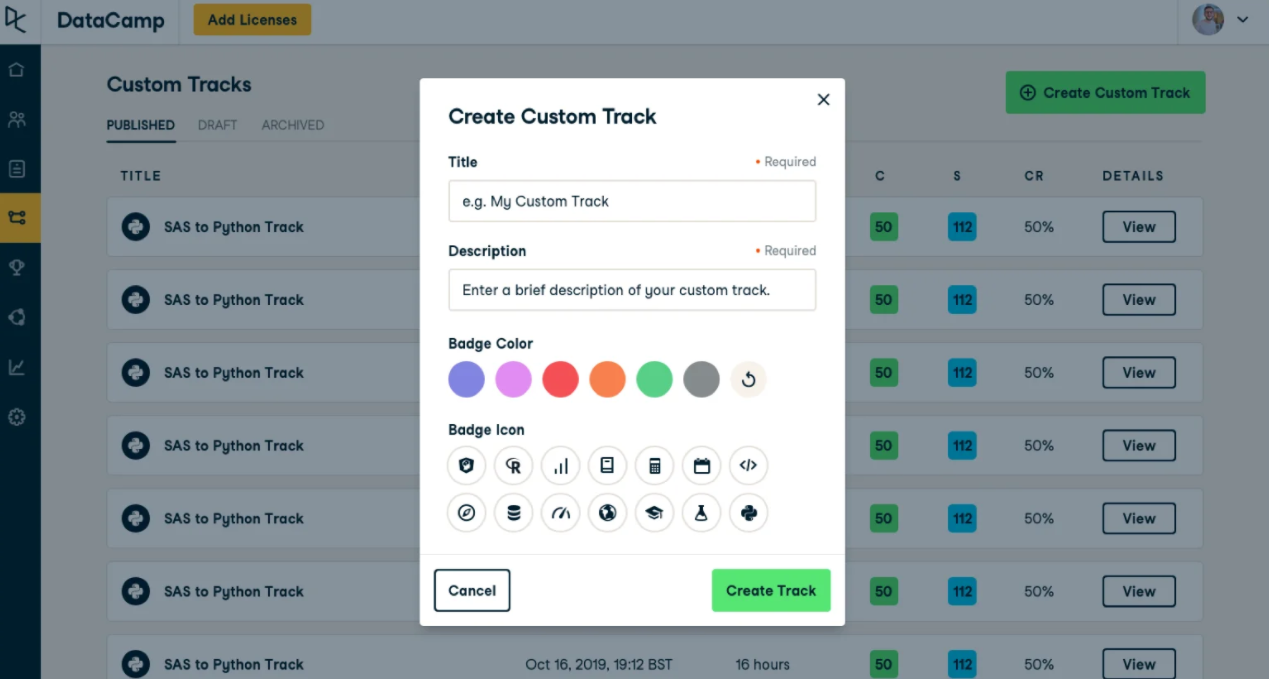
Courses on DataCamp are designed to be interactive, utilizing a combination of videos, quizzes, and hands-on exercises. The interactive nature of the platform allows users to apply concepts in a natural coding environment, reinforcing their learning through practical experience. While this approach is undoubtedly valuable for many learners, some individuals might find the fast pace of the courses challenging, especially for complex subjects. However, revisiting course materials at any time can help mitigate this issue.
How Is The Instructor Quality
The quality of instructors is a crucial factor in any online learning platform, and DataCamp shines in this department. Experienced professionals and well-known experts teach many courses in their respective fields. This not only lends credibility to the content but also provides learners with valuable insights from industry practitioners. However, the experience may vary based on the instructor and teaching style. Some instructors may excel at breaking down complex topics into understandable chunks, while others might inadvertently rush through explanations, leaving learners needing help to grasp certain concepts.
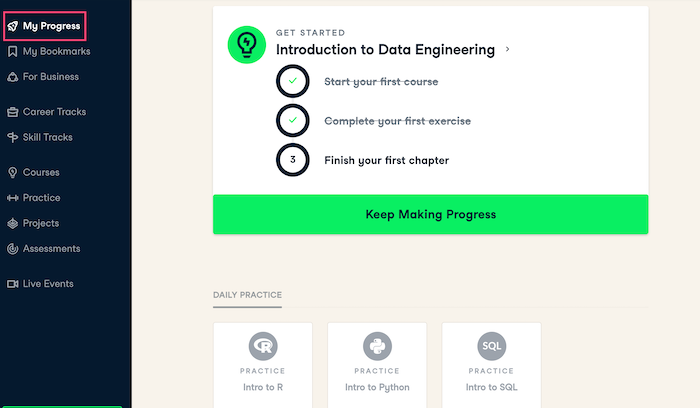
Hands-on Projects
A significant draw for many users is DataCamp’s emphasis on hands-on projects. These projects allow learners to apply their newly acquired skills to real-world scenarios. By working on projects that simulate tasks commonly encountered in data science roles, learners gain practical experience that can directly translate to their careers. The projects also encourage critical thinking and problem-solving skills, which are vital in data science.
The range of projects on DataCamp is impressive, covering various domains such as finance, healthcare, marketing, and more. However, some users have reported that the projects sometimes feel overly guided, leaving little room for independent exploration. While this approach ensures that learners complete the tasks, it might hinder the development of creativity and adaptability – essential skills for real-world data science projects.
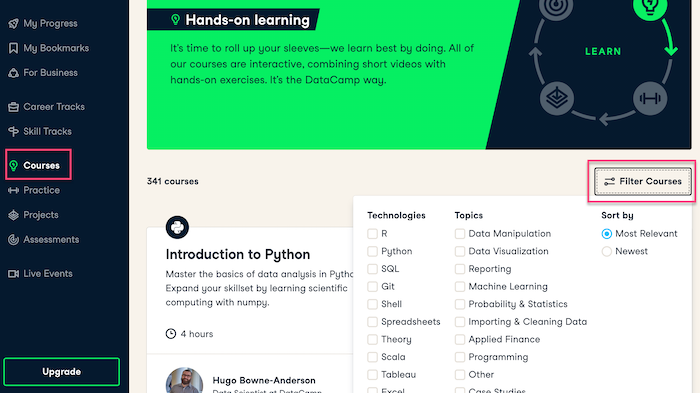
Gamified Learning and Progress Tracking
DataCamp incorporates gamification elements into its platform to keep learners engaged and motivated. Users earn experience points (XP) for completing exercises and modules, unlocking new content as they progress. This system can particularly appeal to learners motivated by achievements and rewards. Additionally, the platform provides users with a visual representation of their progress, making tracking their advancement through courses easy.
However, some users have expressed concern that the gamification aspect can lead to a focus on quantity over quality. Learners might rush through exercises to accumulate XP, potentially sacrificing a deeper understanding of the material. This highlights the need for a balanced approach that encourages completion and comprehension.
Subscription Model and Pricing
DataCamp operates on a subscription-based model, offering monthly and annual subscription options. While the platform provides a free trial period for users to explore some of its content, full access to all courses and features requires a paid subscription. The pricing may be a point of contention for some learners, as it might be relatively steep compared to other online learning platforms.

Whether the subscription cost is mainly justified depends on an individual’s learning needs and goals. For those looking to upskill in data science for professional purposes, the investment might be justifiable given the platform’s focus on industry-relevant skills. However, the price might be less appealing for more casual learners or those seeking a broader range of subjects.
Conclusion
In conclusion, DataCamp has rightfully earned its reputation as a leading platform for data science education. Its interactive courses, hands-on projects, and an impressive lineup of instructors offer significant value to learners seeking to enhance their skills. However, the hype surrounding DataCamp does come with some caveats. The platform’s fast-paced courses might be overwhelming for beginners, and the guided nature of projects could stifle independent exploration. Moreover, while the gamified approach is engaging, it necessitates a balance between completing tasks and understanding concepts.
Whether DataCamp is worth the hype depends on individual learning preferences and career objectives. For those committed to developing specialized data science skills in a guided, interactive environment, DataCamp can be a valuable investment. However, for learners seeking a more well-rounded education or those on a tighter budget, it might be worth exploring alternative platforms that better align with their needs. As with any educational choice, thoroughly understanding one’s goals and carefully evaluating available options will help determine whether DataCamp is the right fit.

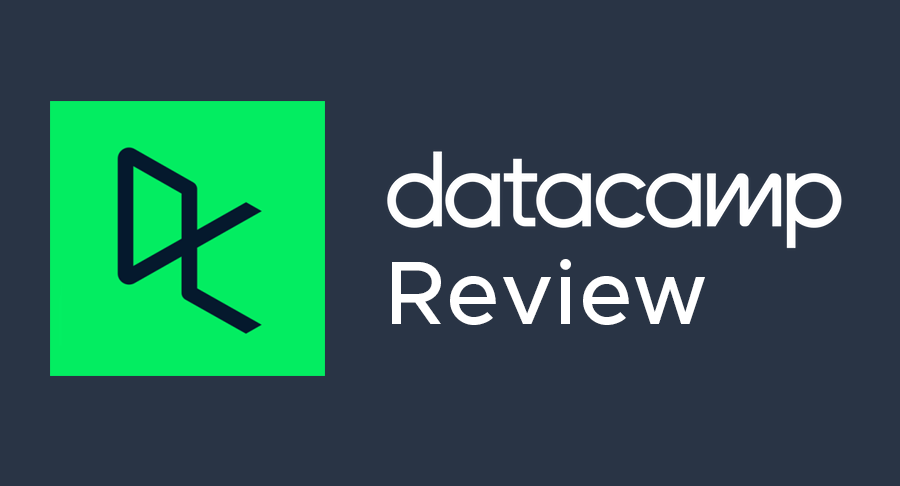

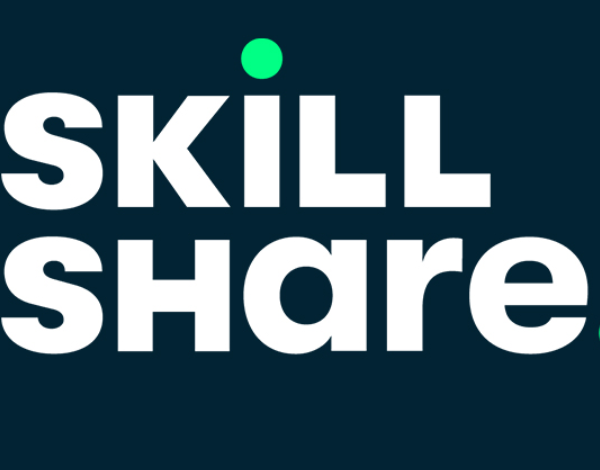
Leave a Comment